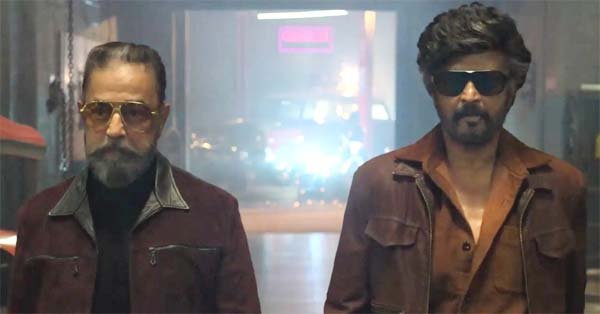New Delhi, Aug 12 (UNI) The Supreme Court today restrained the Assam Police from taking coercive action against The Wire editor Siddharth Varadarajan and other members of the petitioner foundation in an FIR registered over an article on “Operation Sindoor.
The court also tagged their plea challenging the constitutionality of Section 152 of the Bharatiya Nyaya Sanhita (BNS) with an earlier pending case.
A Bench of Justices Surya Kant and Joymalya Bagchi issued notice to the Union government and the State of Assam on the petition, which contests both the FIR and the validity of Section 152 BNS the new offence of “endangering sovereignty and integrity of India” alleged to be a rebranded version of the sedition provision (Section 124A IPC) kept in abeyance by the court in 2022.
The FIR, lodged on July 11 relates to a June 29 Wire article titled ‘IAF lost fighter jets to Pak because of political leadership’s constraints’: Indian Defence Attache”.
The piece reported remarks made by India’s military attaché to Indonesia at a university seminar in Jakarta, on the loss of IAF fighter jets to Pakistan during recent military operations. The Wire maintains that the article was a factual account of the seminar and had incorporated the Indian Embassy’s clarification.
Petitioners allege that the complaint was filed by a ruling party functionary in Assam, indicating political targeting. They also pointed out that several other mainstream outlets including The Indian Express, Hindustan Times, The Tribune, India Today, The Print, and Frontline carried similar reports on the seminar without facing police action.
Senior advocate Nitya Ramakrishnan for the petitioners argued that Section 152 is vague and effectively identical in effect to the sedition law, enabling misuse against journalists and media houses. She said the provision is being deployed nationwide despite the court’s earlier restraint on registering FIRs for sedition.
Justice Bagchi observed, “Does the mere potential for abuse make a law unconstitutional? We raised this yesterday in the PMLA case as well,” to which Ramakrishnan replied that “vagueness is an accepted ground for challenge.” Justice Kant stressed that Section 152 should apply only in cases of a clear threat to national sovereignty.
The bench also remarked that custodial interrogation of journalists is rarely necessary, given that allegations typically stem from publicly available material. “In matters where someone may have authored an article or organised a programme, custodial investigation is usually not required,” Justice Kant said.
Solicitor general Tushar Mehta for the Centre opposed granting relief in a petition that simultaneously sought anticipatory bail and challenged the law.
He contended that media persons should not be treated as a separate class.
The court clarified it was not creating a special category for journalists, but was balancing free speech rights against the State’s interest in public order and security.
“When there is no imminent threat to public order, even if something borders on national security concerns, the balance has to be struck carefully,” Justice Bagchi noted.
Ordering the petitioners to cooperate with the investigation if called, the court directed: “No coercive action may be taken against them in the meantime.”
The matter will be heard alongside the earlier petition challenging Section 152 BNS.











